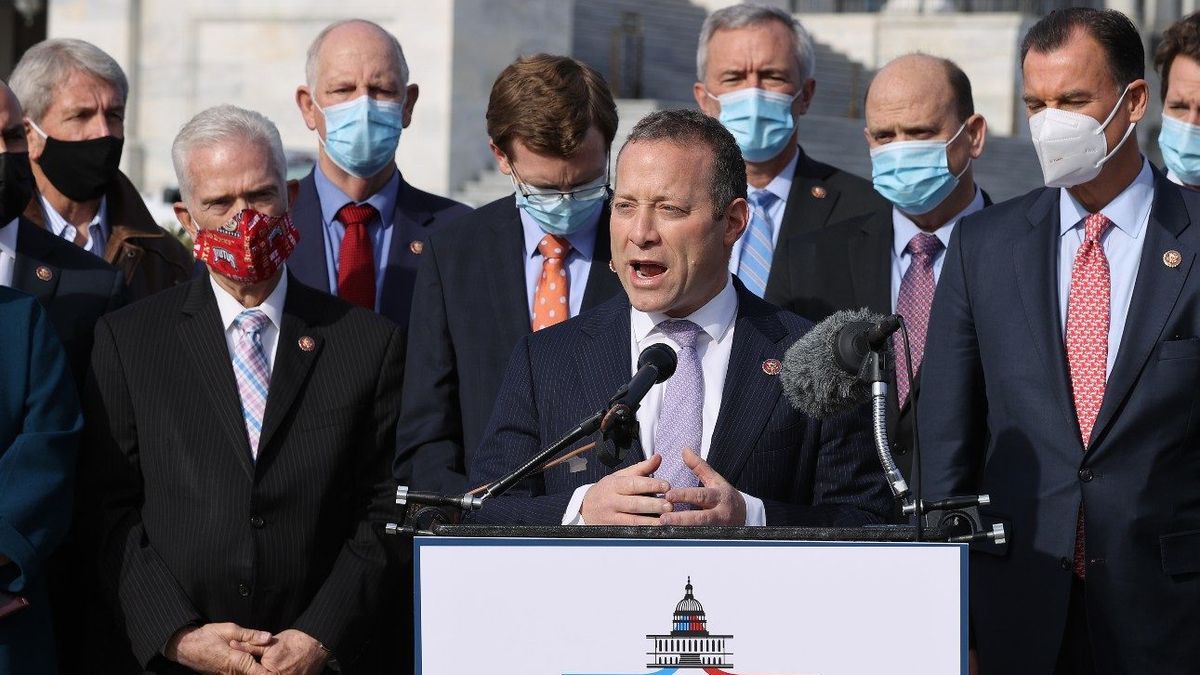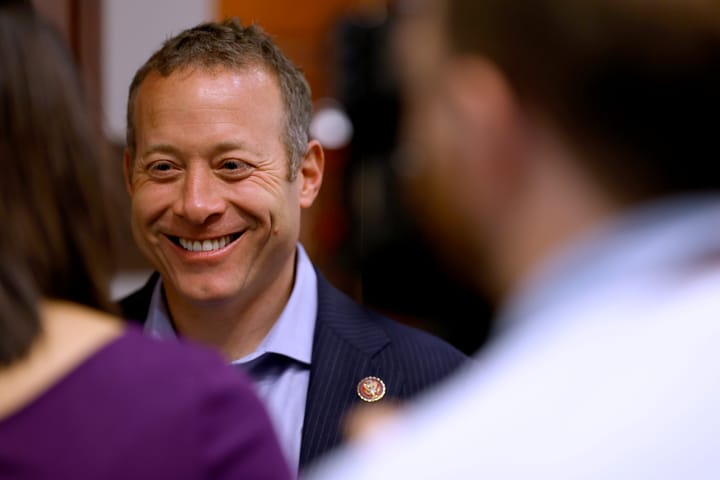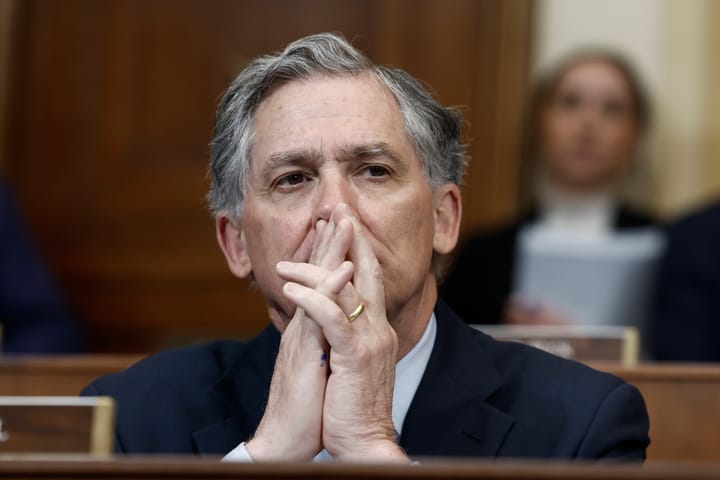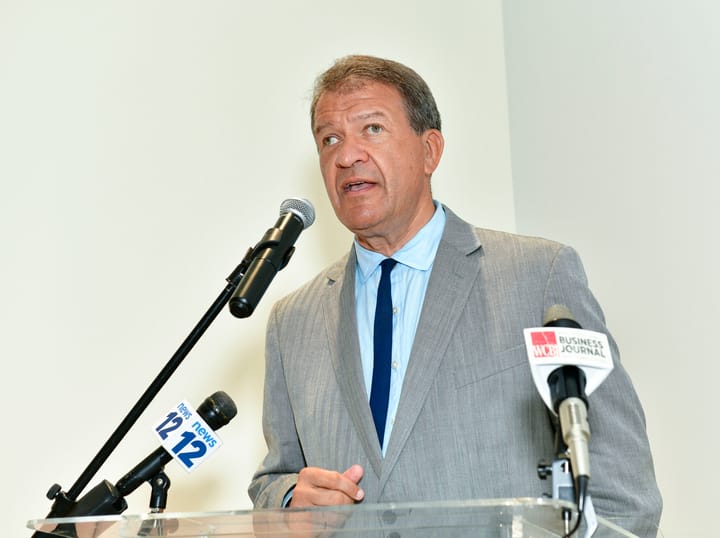Corporate-Backed Blue Dogs Threaten Democrats’ Budget Plan
Facing health care and climate crises, a group of six conservative House Democrats are seeking to pump the brakes on the largest federal investments in decades.

Facing health care and climate crises, a group of six conservative House Democrats are seeking to pump the brakes on the largest federal investments in decades.



